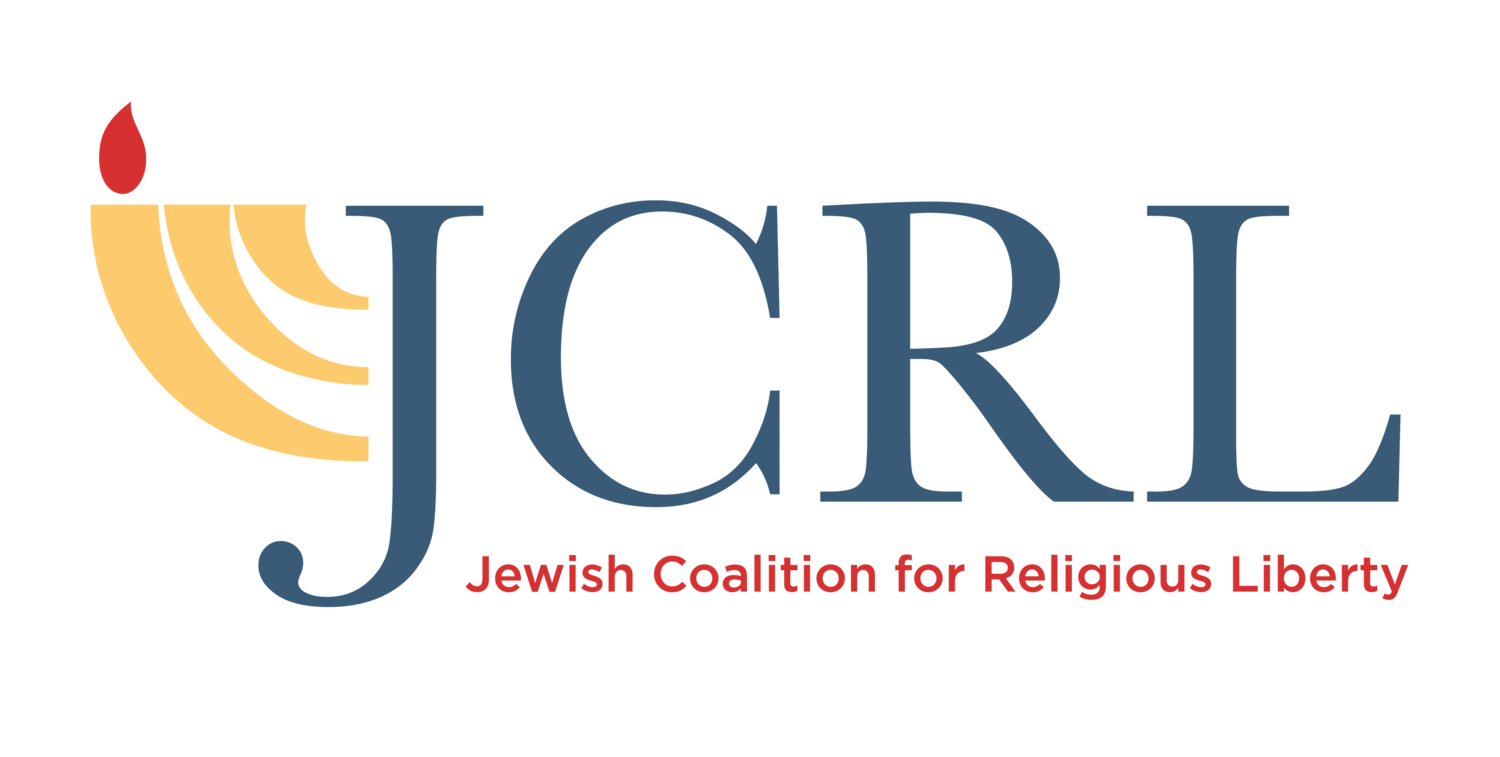American Legion v. American Humanist Association
The Jewish Coalition for Religious Liberty is proud to announce its filing of a brief in support of cert in the Bladensburg cross case. In this brief, we urge the US Supreme Court to review an appellate court decision holding that a cross–located on public property–memorializing soldiers who died in World War One violates the Establishment Clause of the First Amendment.
We made two main arguments:
1. The Establishment Clause must be applied based on its original public meaning. The original public meaning of the Establishment Clause prohibited the government from coercing citizens to participate in or support a state-sponsored church. The government may not punish people for refusing to attend a church or for attending the “wrong” church. Nor may it condition political participation or other rights and benefits on being a member of the “right” church, or of any church. The First Amendment also prohibited the State from running a church, for example, choosing its leaders or setting its doctrine. However, merely taking actions that could be seen as approving of religion are insufficient to implicate the historic meaning of the First Amendment. This is particularly important to Jews and other members of minority faiths. The public may very well overlook majority religious symbols because of their familiarity. However, symbols of minority faiths are more likely to stand out and draw public attention. For instance, it would be ludicrous to assert that the government “establishes” Judaism as the official state religion by allowing Jews to build an eruv or set up a sukkah or menorah on public property.
2. The rules of standing which determine who can sue in any given case should be the same in Establishment Clause cases as they are in every other area of law. Lower courts have created a unique standing doctrine that only applies to Establishment Clause cases. The Supreme Court has indicated that it does not accept this rule, but it should use this case to make it entirely clear that there is no special rule making accommodations for religious people uniquely vulnerable to lawsuits. In most cases, a plaintiff must demonstrate that he has been concretely and personally harmed in a tangible way before he is allowed to sue. In Establishment Clause cases, however, lower courts have determined that anyone who is offended by the sight of a religious symbol or practice is entitled to sue the government. Under this doctrine, any attendee of a government sponsored conference could sue the government if he saw a Jewish attendee eating kosher food provided by the government. Anyone could sue the government if he saw a member of the armed forces eating a piece of Matzah on Passover. This doctrine has a number of pernicious effects. It makes it significantly easier for litigious individuals to bring frivolous lawsuits aimed at harassing governmental entities that accommodate religious people. In many instances, this may deter governmental entities from accommodating religious people in the first place.
The full text of our brief can be accessed here.
